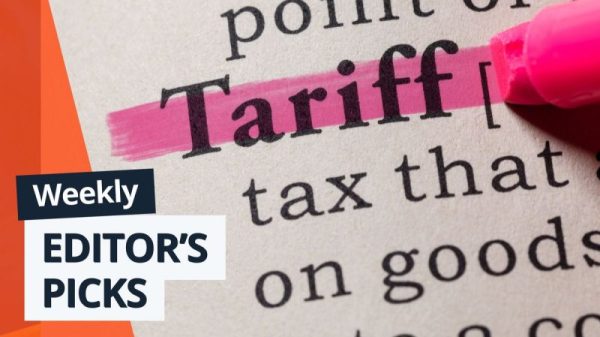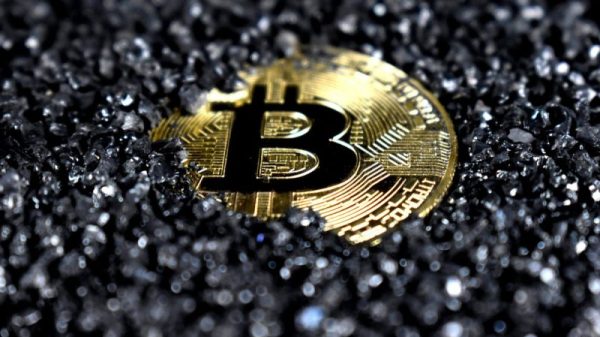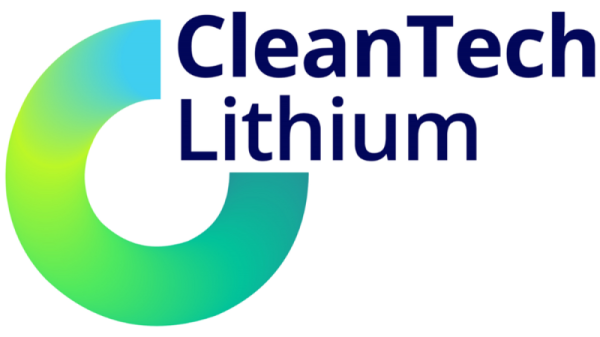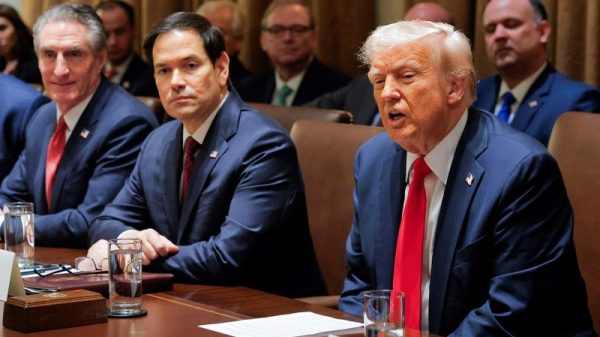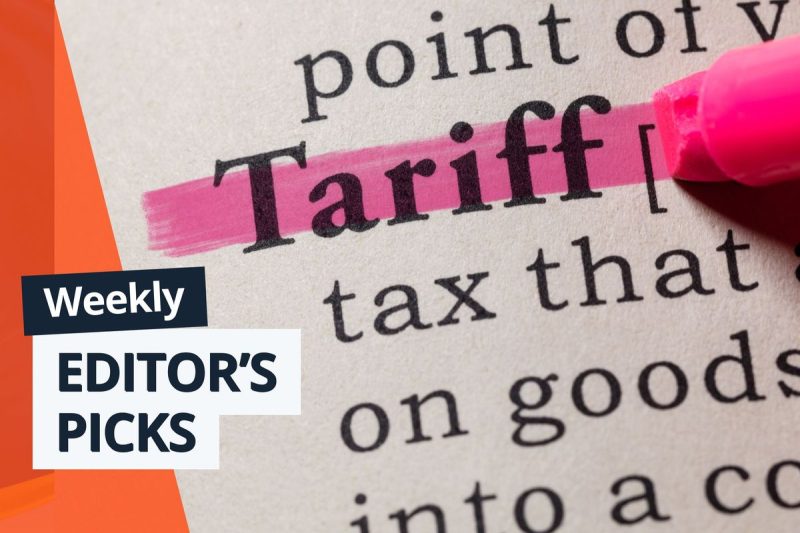The gold price surged this week, rising to yet another new all-time high of more than US$3,160 per ounce ahead of tariff updates from US President Donald Trump.
The yellow metal’s latest move follows a strong Q1, during which it continually hit new records amid widespread uncertainty and achieved its best quarterly performance since 1986.
However, Trump’s Wednesday (April 2) tariff announcement took some of the wind out of gold’s sails. While it showed resilience on Thursday (April 3), rebounding back above US$3,100 after falling below that level, the yellow metal lost substantial ground on Friday (April 4), sinking to just above US$3,020.
Major US indexes have also taken hits — the S&P 500 (INDEXSP:.INX), Dow Jones Industrial Average (INDEXDJX:.DJI) and Nasdaq Composite (INDEXNASDAQ:.IXIC) have all seen steep declines this week.
Bullet briefing — Tariffs rock global markets
Trump’s ‘Liberation Day’
There’s still much uncertainty surrounding tariffs, but here’s what we know at this point.
After declaring a national economic emergency, Trump has put tariffs of at least 10 percent on all countries. Higher tariffs have been levied on about 60 nations that have large trade deficits with the US and have been deemed the ‘worst offenders.’
While Trump has called the tariffs reciprocal, that’s not exactly how they’ve panned out.
A tariff calculation formula published by the White House indicates that the math involves taking the trade deficit for the US in goods with a particular country, dividing that by the total goods imports from that country and then dividing that number by two. A BBC explainer shows how the formula works for the EU, where the US has instated a 20 percent tariff based on what it believes the EU charges.
The situation is more complex for countries like China, which already had a 20 percent tariff in place from the US. Trump has now added a further 34 percent tariff, bringing China’s total rate to 54 percent. Canada and Mexico, which have also already faced tariffs from the US, avoided further charges this week.
Gold, copper excluded from tariffs
While Trump’s new tariffs are sweeping in nature, there are exclusions — among them are steel, aluminum, copper, pharmaceuticals and semiconductors, as well as bullion, which includes gold, plus ‘energy and other certain minerals’ not available in the US.
The news that gold won’t face levies is reportedly cooling its flow from London to New York. In recent months, traders have been rushing to bring the metal into the US ahead of potential tariffs; with this week’s clarity, the transfers no longer appear necessary.
A Section 232 investigation into copper tariffs is ongoing.
Will tariffs cause inflation?
Trump has referred to Wednesday as ‘Liberation Day,’ saying that tariffs will help reinvigorate the US manufacturing industry and help the country grow.
‘Jobs and factories will come roaring back into our country, and you see it happening already. We will supercharge our domestic industrial base. We will pry open foreign markets and break down foreign trade barriers, and ultimately, more production at home will mean stronger competition and lower prices for consumers’ — Trump
However, there are widespread concerns that the tariffs will boost inflation in the US, putting pressure on Americans who are already struggling with high prices.
Let’s take a look at it from both angles.
Keith Weiner of Monetary Metals noted that while he doesn’t define inflation as an increase in consumer prices, that’s the standard definition. In his view, tariffs could boost consumer prices in several ways:
If inflation is defined as an increase in consumer prices, and you’ve forced them to manufacture in a high-cost jurisdiction with much higher regulatory costs, and then deport a lot of labor to drive up the price of labor even more, then you’re going to find consumer prices have a one-two punch.
The third punch is — what is everybody’s solution from a monetary policy perspective to so-called inflation? Hiking interest rates. Which means hike the cost of financing new factories, and hike the cost of automation … Every company when faced with massively increased demand for labor and massively higher labor (costs) is going to want to automate. Well, the cost of financing the automation is going to be hiked. So we’re going to see a one-two-three punch for the forces pushing up consumer prices.
Jim Thorne of Wellington-Altus took a different approach to the question. He explained the relationship between tariffs and inflation as follows:
Tariffs slow growth — one. So that’s why we’ve been talking about a growth scare. We’ll have a balance sheet recession in Canada, we will have a slow growth period in the US.
What tariffs do is they change the relative prices in an economy, they don’t change the general price level. And so no, they’re not inflationary. And Tiff Macklem knows that, and Jay Powell knows that, because that’s third year macro.
Click the links above to watch the full interviews with Weiner and Thorne.
Securities Disclosure: I, Charlotte McLeod, hold no direct investment interest in any company mentioned in this article.

